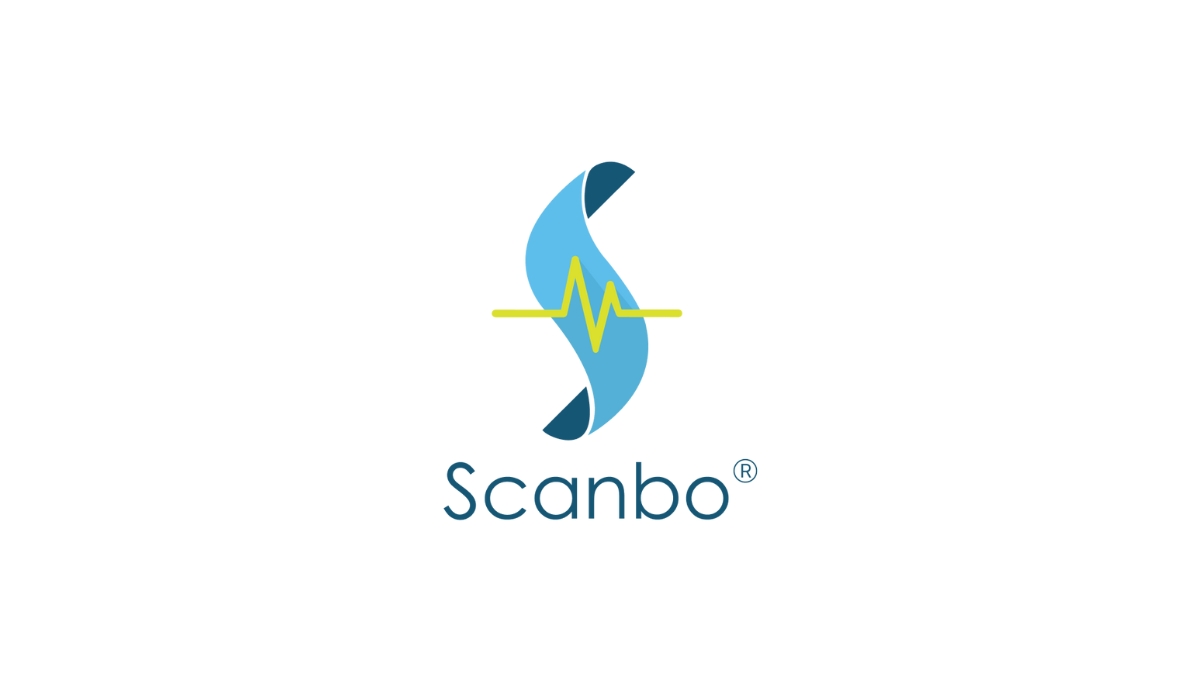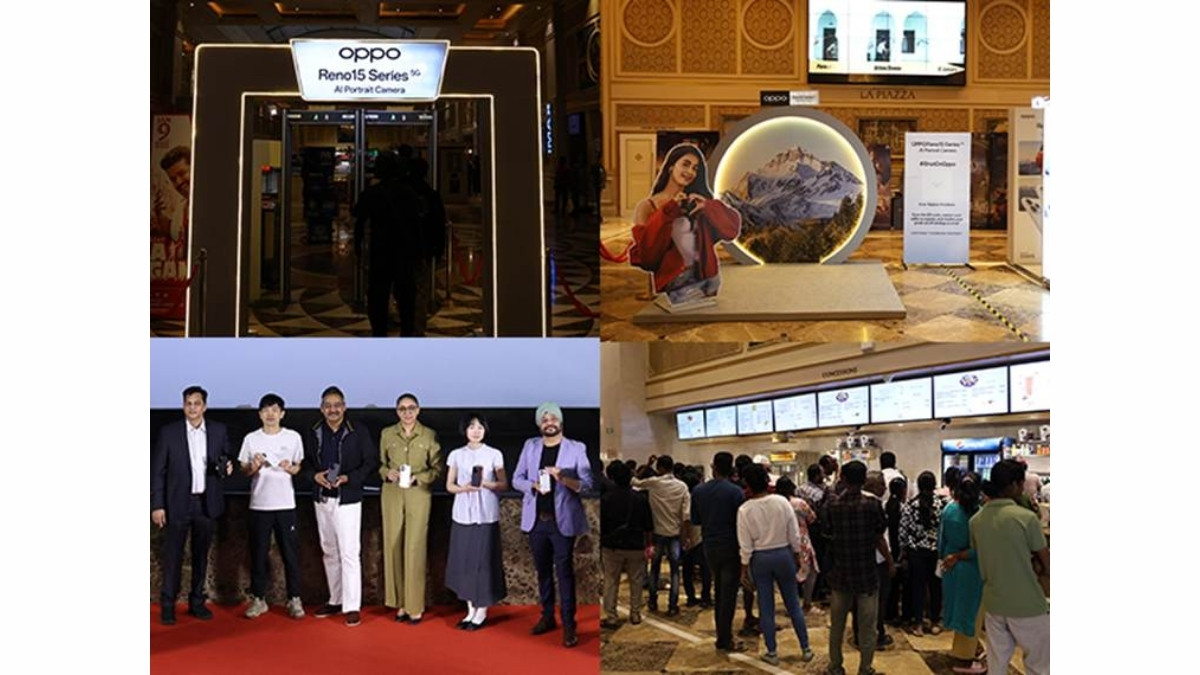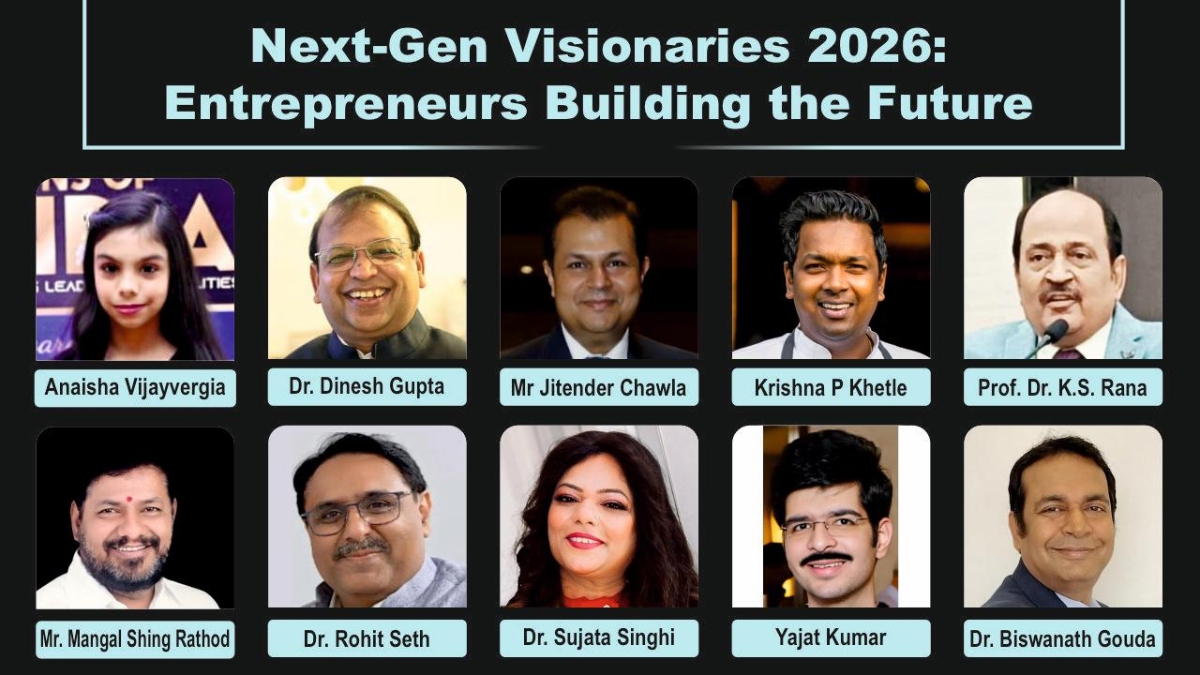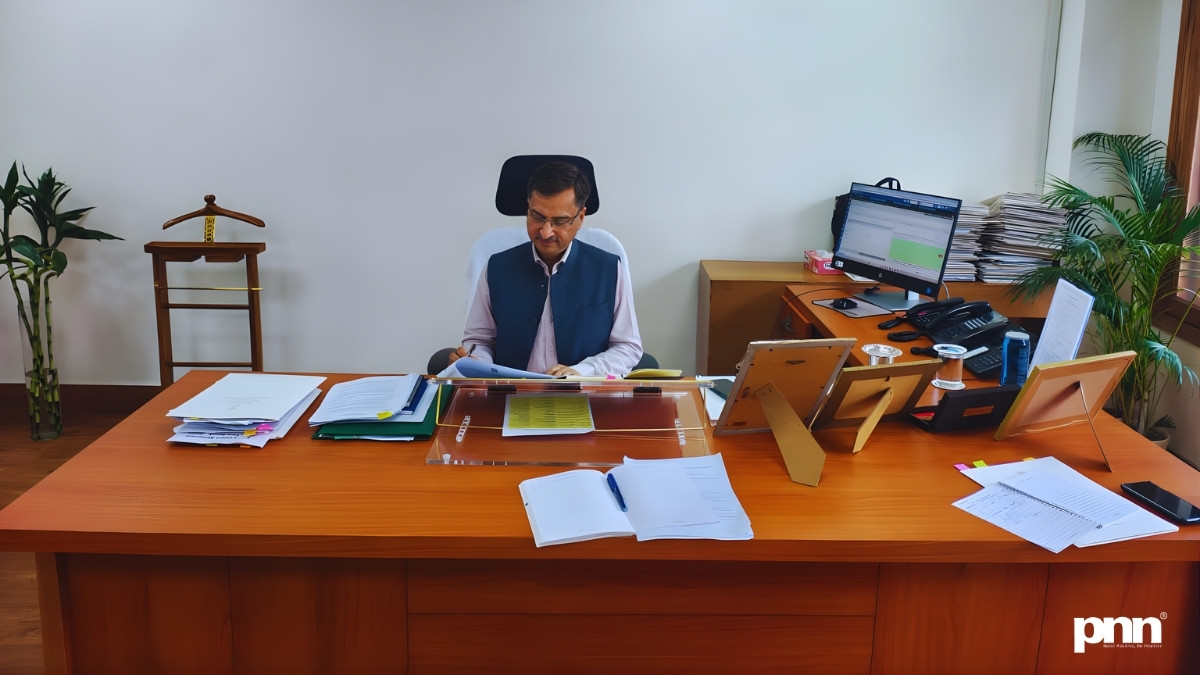Prime Minister’s Vision for a Self-Reliant India Finds Momentum in Scanbo’s Made-in-India MedTech Innovation

Surat (Gujarat) [India], November 21: India’s healthcare landscape is rapidly evolving, and the idea of a self-reliant nation now extends beyond heavy industries to include medical technology. One company reflecting this shift is Scanbo, a home-grown MedTech innovator developing next-generation diagnostic devices entirely in India. As the country embraces Prime Minister Narendra Modi’s “Make in India” movement, Scanbo stands out as a strong example of how indigenous technology can transform healthcare access at scale.
The Need for Home-Grown Diagnostic Innovation
For millions in rural and semi-urban areas, basic diagnostic testing often means long travel, delays, and limited accessibility. This gap highlighted the need for compact, affordable, and accurate point-of-care tools. Scanbo was built from this challenge, aiming to bring hospital-grade diagnostics closer to people. By combining artificial intelligence and sensor fusion, the company created a compact device that delivers lab-quality results within minutes at the point of care.
D8: Laying the Foundation
Scanbo’s first major device, the D8, performs seven non-invasive tests—blood pressure, heart rate, heart rate variability, breathing rate, oxygen saturation, temperature, and a single-lead ECG—along with a simple finger-prick blood glucose test. Designed and manufactured in India, it blends precise hardware with intelligent software that analyzes results in real time. For doctors, it reduces dependence on bulky equipment; for patients, it brings reliable diagnostics into homes, clinics, and workplaces.
AI and HridaayTaal
At the core of Scanbo’s technology is its proprietary AI engine, HridaayTaal, which interprets cardiac signals and identifies irregularities such as arrhythmia and atrial fibrillation. The company is expanding this platform to assess advanced cardiac intervals, detect sleep apnea, and recognize complex rhythm patterns. Each update moves the system closer to preventive, AI-driven cardiovascular monitoring.
From D8 to D19
While the D8 set the foundation, Scanbo’s roadmap includes the D12, D16, and D19—devices planned from 2026 to 2028 that will add multiple blood tests and broaden first-level diagnostics. This phased approach reflects a strategy to make healthcare faster and more self-sufficient by reducing dependence on external laboratories.
Blockchain and Digital Integration
Beyond devices, Scanbo is creating a blockchain-based healthcare data ecosystem to ensure secure, transparent, and patient-controlled data exchange. This digital layer solves long-standing issues of trust and interoperability while supporting real-time access for patients and providers.
Affordability and Accessibility
By integrating multiple tests into one portable device, Scanbo reduces redundancy and lowers per-test costs. These devices can be deployed in small clinics, mobile health units, and remote regions without significant infrastructure, strengthening India’s public health network and enabling earlier detection of chronic conditions.
Empowering Indian Manufacturing
Scanbo’s journey highlights India’s growing confidence in its ability to design and produce advanced MedTech domestically. Its reliance on Indian engineers, researchers, and suppliers creates local employment while proving that high-quality MedTech can be built in India for both domestic and global markets.
“Our mission is simple: build world-class diagnostic technology in India, for India and the world,” said Ashissh Raichura, Founder & CEO of Scanbo. “Prime Minister Modi’s vision of a self-reliant Bharat inspires us to innovate and manufacture on Indian soil.”
The Road Ahead
Like all transformative technologies, the journey includes challenges—regulatory approvals, manufacturing scale, and clinical validation. Yet, Scanbo’s consistent progress, strategic partnerships, and user-centric design show a clear path forward.
Conclusion
Scanbo’s progress reflects India’s growing leadership in healthcare innovation. Through the D8 and its upcoming devices, along with AI and blockchain integration, the company is redefining diagnostics as fast, reliable, and Made-in-India. By building advanced technology domestically, Scanbo helps translate vision of self-reliance into a practical reality that strengthens India’s healthcare system and sets an example for the world.







